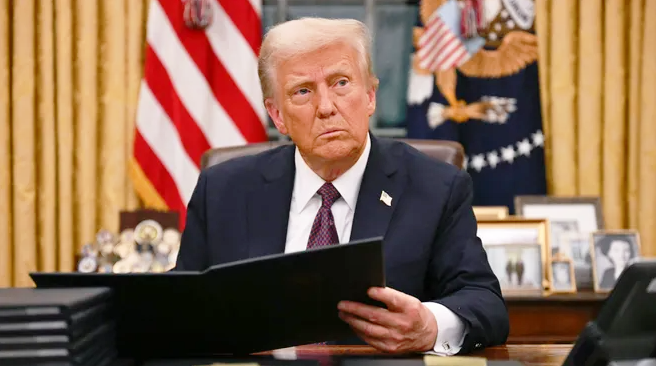🕵️♂️Get Up to 80% Off On All Products, StaySharp⚡
U.S. Halts Cyber Offense Against Russia: A Risky Gamble in a Digital Warzone
U.S. Cyber Pause on Russia Sparks Debate Defense Secretary Pete Hegseth’s decision to halt offensive cyber operations against Russia, aimed at aiding Ukraine peace talks, has critics crying foul. With Russia’s track record in ransomware and election meddling, experts warn this could backfire—big time.
CYBER WARFAREDEVELOPMENT AND ECONOMIC THREATS CYBERSECURITY
Phillemon Neluvhalani
3/8/20252 min read


In a move that’s got the cybersecurity world buzzing—and not in a good way—U.S. Defense Secretary Pete Hegseth has pulled the plug on offensive cyber operations targeting Russia. Announced on March 08, 2025, this decision is being framed as a diplomatic olive branch, part of a broader push to de-escalate the Russia-Ukraine war. On paper, it’s a bold play: cool the jets on cyber skirmishes to pave the way for peace talks. But as someone who’s watched the digital battlefield evolve over the years, I can tell you—this feels like handing a seasoned adversary a free pass to swing harder.
Let’s unpack this. Offensive cyber ops aren’t just about flexing muscle; they’re a critical deterrent. Think of them as the digital equivalent of a “don’t mess with us” sign—backed by the ability to hit back fast and hit hard. Russia’s no stranger to this game. U.S. intelligence has long pegged them as a top-tier player in the cyber threat league, with a rap sheet that includes ransomware campaigns crippling hospitals and businesses, not to mention meddling in elections like it’s a national pastime. Pausing our offensive capabilities now? That’s like locking up your best weapons mid-fight because you hope the other guy might feel chatty.
The backlash has been swift—and honestly, it’s hard to argue with the critics. France’s Foreign Minister, Jean-Noël Barrot, didn’t mince words, calling Russia a “clear cyber threat” to Europe. He’s got a point. Just look at the past year: Russian-linked groups like Cozy Bear and Fancy Bear have been tied to everything from infrastructure hacks to disinformation blitzes. Barrot’s confusion mirrors what a lot of us in the field are feeling—why dial back the pressure when the other side’s showing no signs of slowing down?
The timing’s what really stings. We’re in an era where cyber threats move at warp speed—think rapid ransomware deployments or supply chain attacks that can kneecap entire industries overnight. Past U.S. reports, like those from the NSA and CISA, have hammered home Russia’s role in this chaos. Remember the SolarWinds breach? That was a masterclass in Moscow’s ability to exploit our blind spots. Critics—and I’m leaning this way myself—warn that this pause could embolden Russia to double down, especially since they’ve got little incentive to play nice if we’re not keeping them in check.
Now, I get the diplomatic angle. The Russia-Ukraine war’s a mess, and nobody wants it dragging on. But tying our cyber hands feels like a miscalculation when the digital front is just as real as the physical one. If anything, this move might signal weakness at a time when strength—or at least the appearance of it—matters most. I’ve spent enough late nights poring over threat logs to know that adversaries don’t back off when you ease up; they pounce.
So where does this leave us? On edge, mostly. If Hegseth’s gamble pays off and Russia reciprocates with some kind of cyber ceasefire, maybe we’ll look back and call it genius. But if history’s any guide—and it usually is—I wouldn’t hold my breath. For now, it’s a waiting game, and the stakes couldn’t be higher.


